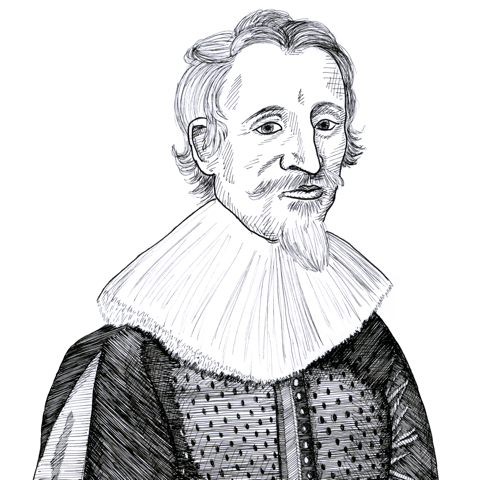
Grotius on Moderation in Despoiling the Country of one’s Enemies (1625)
Found in: The Rights of War and Peace (2005 ed.) vol. 3 (Book III)
While the 30 Years War was ravaging Europe the Dutch legal scholar Hugo Grotius (1583-1645) wrote The Rights of War and Peace (1625) which has become a foundation stone of modern thinking concerning the laws of war. In a chapter on “moderation in despoiling the country of one’s enemies” he reflects on the folly of destroying that which one had striven so hard to acquire by means of violence:
War & Peace
Thus Alexander the Great, as Justin relates it, hindered his Soldiers from wasting Asia, declaring to them, that they should spare their own, and not destroy those Things, which they came to possess…
They who do otherwise, may apply to themselves the Words of Jocasta to Polynices in Seneca’s Thebais: “You ruin your Country whilst you seek it; to make it yours / Its Being you destroy; it defeats your Claim / To level, thus in Arms, the ripen’d Harvest; / Is Fire and Sword, the Vengeance of an Enemy, / Applied to Spoil and Ravage what’s ones own? / No, our deadliest Foes we thus afflict”…
Philip dared not engage in a fair Field-fight, nor come to a pitch’d Battle, but flying away burned and plundered Cities; so that the Conquered rendered useless to the Conquerors what should have been the Recompence of Victory. But the old Kings of Macedon did not use to do so, they used to come to a fair Engagement, to spare Cities as much as possible, that they might have the more wealthy Dominion. For it is not a strange Conduct, to make War in such a Manner, that at the same Time, we dispute the Possession of a Thing, we leave nothing for ourselves but War.